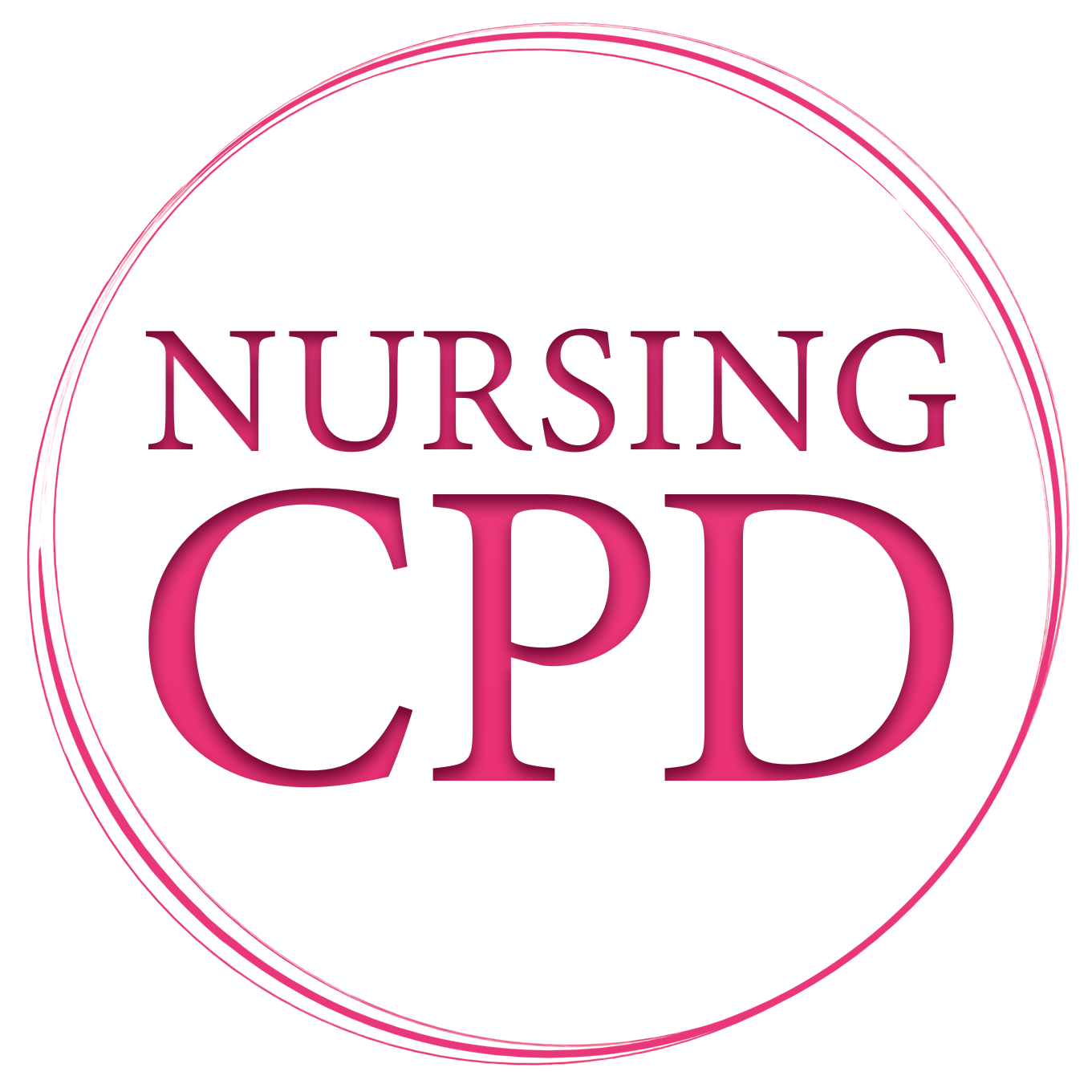Format: Online and available anytime
CPD: 6 Hours
Access: 12 months from the course start date. You can return to any part of the course as many times as needed.
Your Course Handbook
Course Overview
Module One
Recognition of Characteristics and Behaviours of People on the Narcissistic Spectrum
Recognition of the patterns of bullying behaviour is a vital step in managing these situations as often the behaviours are subtle, and the target is not always believed.
During this module you will:
- Understand the difference between incivility and bullying behaviour.
- Learn to recognise the universal patterns that people with bullying traits demonstrate.
- Explore the characteristics of people on the narcissistic spectrum from selfishness to the Narcissistic Personality Disorder.Explore how to differentiate between an aggressive outburst and behaviours of a bully.
Module Two
Effects of Abuse or Bullying on Physical and Mental Health and How to Manage it
The negative impact can have lasting effects, even if the relationship with the narcissistic abuser has ceased.
The target is NEVER responsible for the abuse, however patterns learnt in childhood such as rescuing behaviour and lack of boundaries can make it more likely that a person with narcissistic traits may target this person.
During this module you will:
- Learn to recognise the effects of abuse on physical and mental health.
- Explore the psychological impact of bullying: from causing embarrassment, low self-esteem lack of confidence through to loss of professional credibility.
- Learn how to recognise patterns in childhood can result in a lack of boundaries and a tendency to enter into relationships that are unhealthy.
- Explore the management of bullying in the workplace with reference to Safe Work Australia.
Module Three
Assertiveness Techniques and Summary
This module will assist you to develop your personal assertiveness skills plan. Enabling you to continue to develop your skills after you exit the course.
Learn the essential skills from watching them say ‘no’ as well as how to defuse a challenging is situation.
Sit back and watch them:
- Stop justifying or explaining themselves to a bully.
- Say no to unreasonable requests.
- Set boundaries over the phone.
- Recognise a disrespectful personal question and not answer it.
You will learn how to:
- Practice becoming assertive which leads to confidence in these challenging situations.
- Demonstrate the ability to say no without explanation utilising the Broken Record Technique.
- Apply an assertive technique on how to not answer disrespectful questions.
- Utilise the Three As technique to defuse a difficult situation.
- Use these skills that will apply to both the workplace environment and your personal life.
Summary of the online Bullying and Assertiveness Course
This knowledge helps the target to recognise and put boundaries in place. If the target does not address the abuse, it usually leads to feelings of worthlessness and self-doubt, as the abuser’s tactics will erode their self-esteem. Others may develop Post Traumatic Stress Disorder (PTSD). Gaining recognition that the abuser will work at isolating the target from support, helps the target to work at developing a support team, gaining distance from the abuser and work at developing boundaries.
Module Four
Assertiveness and Communication Skills to use in Challenging Situations in both the Home and Work Environments
They will discuss how by recognising the psychological blocks of people pleasing syndrome and rescuing behaviour can prevent the development of healthy boundaries with others.
The session will also explore how workplace relationships with poor collegial boundaries is associated with poor communication. Communicating about a deteriorating work situation is an essential professional skill which requires assertiveness which can be challenging when the other professional has a history of difficult or aggressive behaviour.
Anne and Sue will demonstrate using role play the skills required to effectively set boundaries with others. They love role play which makes it fun for you to watch but you will learn the essential skills you need to address challenging situations and people.
Sit back and watch them:
- Deflect unprofessional behaviour
- Manage criticism at work and home environment
- Recognise when others are trying to manipulate through guilt
- Stop others talking over them or interrupting them
- Set powerful body language
During this module your will learn to:
- Be assertive and powerful and feel confident when faced with these challenging situations.
- Set boundaries with disrespectful people repetitively talking over you and interrupting.
- Utilise assertiveness strategies and learn practical hints on how to develop assertive body language and vocabulary.
- Demonstrate the skill of the Grey Rock technique to defuse criticism.
Your Certificate
Do you need a CPD Portfolio to keep your records in order?
Stay AHPRA-Compliant with Ease – Your CPD, Simplified!
-
Hassle-free compliance – No more scrambling at audit time.
-
Easy uploads & tracking – Keep all your CPD evidence organised.
-
Designed for Nurses – Meets AHPRA standards with zero guesswork.
Course Learning Outcomes
- Review the cardiac complex: waves, segments and timing intervals and demonstrate the understanding of the foundation of interpretation of sinus rhythm and abnormal arrhythmias.
- Demonstrate interpretation of life-threatening arrhythmias and outline the treatment according to the Australian and New Zealand Committee of Resuscitation guidelines (ANZCOR)
- Demonstrate an understanding of 12 lead ECG interpretation in relation to identifying changes related to acute coronary syndrome – become proficient at interpreting a myocardial infarction.
- Describe the pathophysiological development and nursing assessment of a variety of common cardiac disorders
Please Note:
Consider contacting:
-
Nurse and Midwife Support | www.nmsupport.org.au | 1800 677 877
-
The support services at your workplace
-
Your Local GP
Feeling stuck in the same patterns?
Uncomplicating Life, Simply
Frequently Asked Questions
I am a paid subscriber of Nursing CPD, how does this differ to my annual subscription?
How is the course content delivered?
How long can I access the course for?
What are the system requirements for watching the videos?
Can I copy and or share course learning materials and resources?
Help
Assertiveness and Communication Training
Strategies to Deal with Bullying and Narcissistic Abuse
WATCH 8 VIDEO PRESENTATIONS
In these eight sessions, Anne will teach you the key skills required in dealing with difficult people, including managing situations involving bullying and coercion.
SELF-PACED: LEARN ON DEMAND - 24/7
This self-paced course is available to you 24/7, allowing you to complete it anytime, anywhere at your convenience!
EARN A CERTIFICATE OF COMPLETION
Upon completing this online course, you will receive a Certificate of Completion, available for download as a digital certificate or for printing as a hard copy.
Course Overview
Many nurses are time-poor, and Anne Evans-Murray, in collaboration with the Nurses for Nurses Network, has adapted the content from previous face-to-face seminars, workshops, and retreats on essential skills to survive bullying in personal relationships or work environments.
This online course is delivered over four self-paced modules. The first two modules focus on understanding bullying behaviour and its effect on the individual. The last two modules are on learning skills to manage these challenging situations.
You can sit back in the privacy of your home and watch the role-playing and outlining of practical procedures step by step. Much of the content will be practical demonstrations by two experienced educators, one of whom is an experienced abuse counsellor.
What this Course is about
Dealing with difficult people, including managing situations involving bullying and coercion in both personal and professional settings, can have significant impacts on psychological and physical health. Understanding the dynamics of these interactions and their effects is crucial for managing them effectively and mitigating their impact on you.
This course will cover an understanding of the covert strategies bullies employ, which confuses and diminishes morale and self-esteem. In addition it will include role-playing activities by the presenters to highlight patterns of abuse and illustrate the effective management of these challenging encounters.
The presenters will showcase the methods frequently utilised by bullies. The content will distinguish between rudeness (incivility) and bullying behaviour, offering insights on redirecting or handling difficult scenarios effectively.

Understanding the specific and repetitive patterns of what is known as narcissistic abuse can aid in self-healing and the establishment of boundaries. Similarly, workplace bullying often exhibits these patterns, though they may be more subtle, leading to situations where the affected individuals feel misunderstood and invalidated. Such experiences can cause anxiety, diminish feelings of competence, and foster a desire to exit the nursing profession.
The content of this course was initially developed and aimed at empowering nurses to meet their challenges in a work environment. It is now available to those outside the health industry, and we welcome teachers, paramedics, firefighters, police, and others.
Lack of boundaries results in the inability to recognise and manage manipulative people, resulting in anxiety and increased stress. Understanding and addressing the impacts of dealing with difficult people is essential for maintaining mental and physical health.
Employing effective strategies learned through assertiveness training enables individuals to navigate these challenges more effectively and minimise their negative effects.
At the completion of this course you will:
-
Gain knowledge in recognition of traits and patterns of behaviour displayed by people on the narcissistic spectrum.
-
Demonstrate understanding of the adverse physical and mental effects on a target when exposed to narcissistic abuse
-
Demonstrate and learn skills in setting boundaries to manage difficult people in the workforce and in home environment
Important Questions to ask yourself:
-
Do you feel unheard and distressed because you are not being believed at work about the bullying situation?
-
Are you in a situation, either at home or work, that makes you feel trapped and confused about what is happening?
-
Are you frustrated at the lack of support from the hierarchy when there are patterns of workplace bullying that is not being addressed?
-
Are you now developing anxiety and physical symptoms of stress from prolonged abuse in situations where you feel trapped?
-
Do you still feel anxiety or anger about an unresolved bullying situation at work that happened years ago?
-
In your personal life do you feel that family and friends don’t see the patterns of abuse directed at you and are more likely to blame you?
-
Do you lack the confidence to speak up?
-
Do you recognise that you have social anxiety?
-
Can you say no to unreasonable requests without guilt or are you manipulated into saying yes?
-
Are you able to set personal boundaries that identify the behaviour of others that you will not tolerate?
-
Do you know the difference between assertiveness and passive aggressive behaviour?
Did you answer yes to one of more of these questions?
If so, then this online course is for you.
Course Overview
Recognition of Characteristics and Behaviours of People on the Narcissistic Spectrum
Recognition of the patterns of bullying behaviour is a vital step in managing these situations as often the behaviours are subtle, and the target is not always believed.
During this module you will:
- Explore the characteristics of people on the narcissistic spectrum from selfishness to the Narcissistic Personality Disorder.
- Understand the difference between incivility and bullying behaviour.
- Learn to recognise the universal patterns that people with bullying traits demonstrate.
- Explore how to differentiate between an aggressive outburst and behaviours of a bully.
Effects of Abuse or Bullying on Physical and Mental Health and How to Manage it
The negative impact can have lasting effects, even if the relationship with the narcissistic abuser has ceased.
The target is usually in a continuous loop of emotional turmoil, from the charm, abuse, and poor me behaviours of the abuser. Unless the target is made aware of the cycle of abuse; confusion will develop with self-blame, anxiety, poor self-esteem and loss of confidence.
The target is NEVER responsible for the abuse, however patterns learnt in childhood such as rescuing behaviour and lack of boundaries can make it more likely that a person with narcissistic traits may target this person.
During this module you will:
- Learn to recognise the effects of abuse on physical and mental health.
- Explore the psychological impact of bullying: from causing embarrassment, low self-esteem lack of confidence through to loss of professional credibility.
- Learn how to recognise patterns in childhood can result in a lack of boundaries and a tendency to enter into relationships that are unhealthy.
- Explore the management of bullying in the workplace with reference to Safe Work Australia.
Assertiveness Techniques and Summary
They will discuss how recognising the psychological blocks of people-pleasing syndrome and rescuing behaviour can prevent the development of healthy boundaries with others.
This module will assist you to develop your personal assertiveness skills plan. Enabling you to continue to develop your skills after you exit the course.
Learn the essential skills from watching them say ‘no’ as well as how to defuse a challenging is situation.
Sit back and watch them:
- Stop justifying or explaining themselves to a bully.
- Say no to unreasonable requests.
- Set boundaries over the phone.
- Recognise a disrespectful personal question and not answer it.
You will learn how to:
- Practice becoming assertive which leads to confidence in these challenging situations.
- Demonstrate the ability to say no without explanation utilising the Broken Record Technique.
- Apply an assertive technique on how to not answer disrespectful questions.
- Utilise the Three As technique to defuse a difficult situation.
- Use these skills that will apply to both the workplace environment and your personal life.
Summary of the online Bullying and Assertiveness Course
Narcissistic abuse in both the work and home environment can have profound and long-lasting effects on a person’s mental and physical health. There is a higher incidence of anxiety and depression due to heightened anxiety and hypervigilance. This course helps with the understanding of the universal tactics that people on the Narcissistic Spectrum use to entrap their target.
This knowledge helps the target to recognise and put boundaries in place. If the target does not address the abuse, it usually leads to feelings of worthlessness and self-doubt, as the abuser’s tactics will erode their self-esteem. Others may develop Post Traumatic Stress Disorder (PTSD). Gaining recognition that the abuser will work at isolating the target from support, helps the target to work at developing a support team, gaining distance from the abuser and work at developing boundaries.
Lack of assertiveness in both the home and work environment creates anxiety, increase in stress and poor relationships. There are blocks to developing these skills such as people pleasing behaviour and wanting to be liked by others. Watching the role play and learning about these skills assists you with expressing your emotions, needs, and opinions in a respectful and confident way.
This online course not only explores the tactics of abuse that are very common and easily recognised. It is demonstrated by role play and content on how to manage this abuse.
Assertiveness and Communication Skills to use in Challenging Situations in both the Home and Work Environments
They will discuss how by recognising the psychological blocks of people pleasing syndrome and rescuing behaviour can prevent the development of healthy boundaries with others.
The session will also explore how workplace relationships with poor collegial boundaries is associated with poor communication. Communicating about a deteriorating work situation is an essential professional skill which requires assertiveness which can be challenging when the other professional has a history of difficult or aggressive behaviour.
Anne and Sue will demonstrate using role play the skills required to effectively set boundaries with others. They love role play which makes it fun for you to watch but you will learn the essential skills you need to address challenging situations and people.
Sit back and watch them:
- Deflect unprofessional behaviour
- Manage criticism at work and home environment
- Recognise when others are trying to manipulate through guilt
- Stop others talking over them or interrupting them
- Set powerful body language
During this module your will learn to:
- Be assertive and powerful and feel confident when faced with these challenging situations.
- Set boundaries with disrespectful people repetitively talking over you and interrupting.
- Utilise assertiveness strategies and learn practical hints on how to develop assertive body language and vocabulary.
- Demonstrate the skill of the Grey Rock technique to defuse criticism.
Our Presenter
Anne Evans-Murray
Anne is a frequent presenter at workshops, conferences & seminars throughout Australia & New Zealand on subjects such as ECG interpretation, clinical assessment of the deteriorating patient, assertiveness and leadership.
How you will Learn
The 6-hour Assertiveness and Communication Training Course is fully online and self-paced, allowing you to start anytime and progress at your own speed. With 24/7 on-demand access, you can fit the training into your schedule whenever it’s most convenient.
Five hours of interesting and engaging online presentations
A downloadable course workbook to help you get the most out of the course
24/7 access to all the course modules and learning materials
Full ongoing course support via email
Earn a Certificate of Completion
If you need an Evidence Portfolio click here to see what CPD Portfolio can offer you. Use coupon code NCPDREF to get a 20% discount.
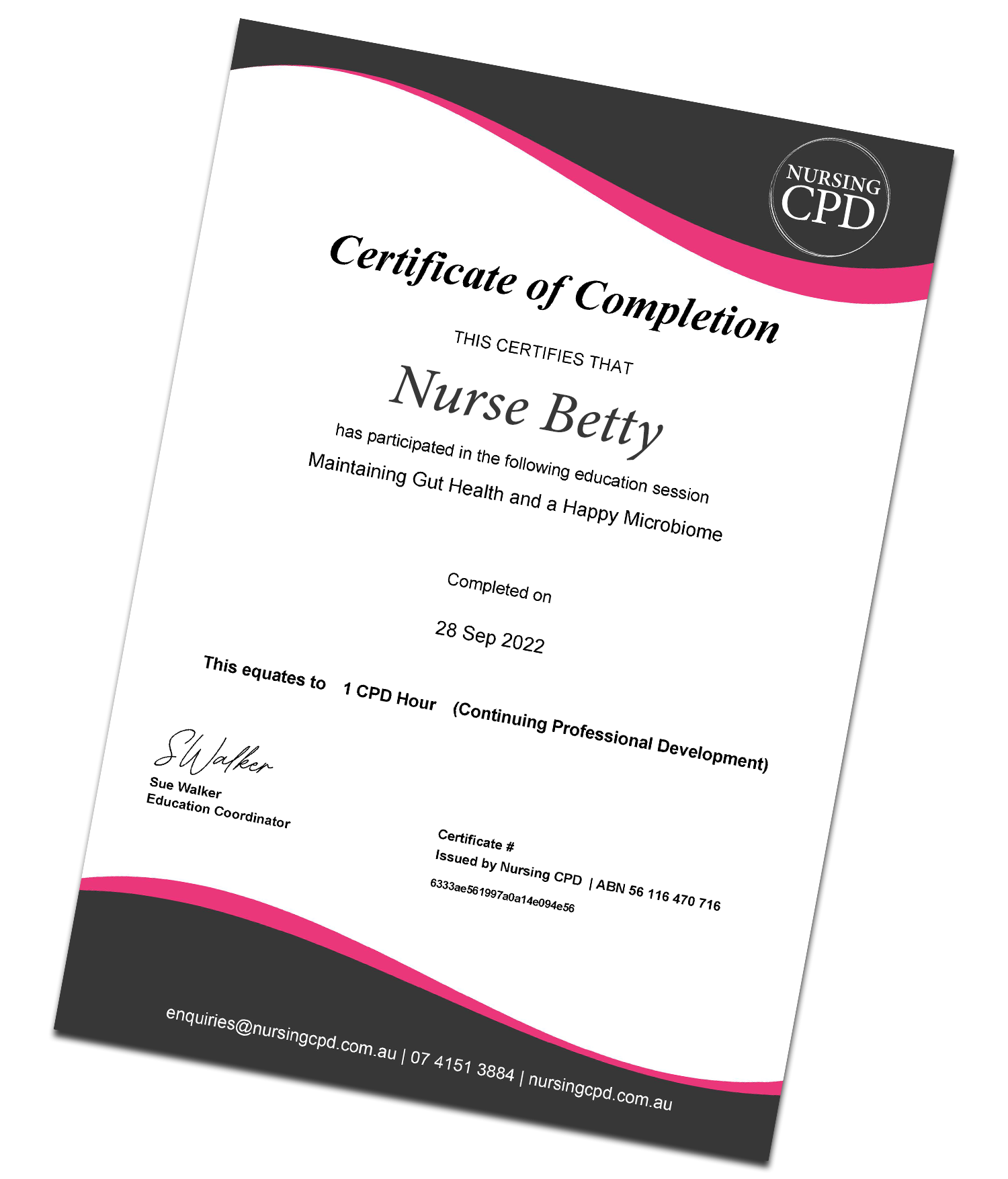
What others say about this Assertiveness Training
-
Geraldine, Exploring Psychological Workplace Violence and Personal Resilience
-
Soraya, Assertiveness and Personal Boundaries
-
Asa, Exploring Psychological Workplace Violence and Personal Resilience
-
Katie, ISBAR and Assertiveness Training
-
Claire, Exploring Psychological Workplace Violence and Personal Resilience
-
Leanne, Assertiveness and Communication in Challenging Situations
-
Marise, Exploring Psychological Workplace Violence and Personal Resilience
Frequently Asked Questions
Do I need to be a paid subscriber of Nursing CPD?
I am a paid subscriber of Nursing CPD, how does this differ to my annual subscription?
How is the course content delivered?
How long can I access the course for?
What are the system requirements for watching the videos?
Can I copy and or share course learning materials and resources?
Feeling stuck in the same patterns?
Uncomplicating Life, Simply


PHONE: 07 4151 3884 (select option 1)
EMAIL: enquiries@nursingcpd.com.au
Terms & Conditions
Anne Evans-Murray
R.N., BHlthSc, MACCCN, Grad.Dip Ed, MEd, Dip Counselling, GradCertCritCare, CertIV Training and Assessment, CertIV in Mediation
Dr Amanda Bowden


Diabetes Queensland
Our vision is to see a world free of diabetes and its complications. It drives everything we do - every program we deliver, every message we share, and every resource we develop. Through our programs and partnerships with industry, government and community groups, we work to ensure diabetes care is always improving and evolving.
Diabetes Queensland helps people at risk of diabetes and those affected by the condition by providing trusted information and guidance on how to minimize their risk of complications. The organisation is responsible for the delivery of the National Diabetes Service Scheme in Queensland. The scheme provides products and information to approximately 190,000 registered Queenslanders.

Dr Julie Martyn
PhD
Jules Aitken
MSc (Nurse Practitioner), RN, CDE
She is also a registered Credentialed Diabetes Educator (CDE) registered with the Australian Diabetes Educators Association (ADEA) gaining her Certificate of Diabetes Management at the University of Technology Sydney. She has worked within the Diabetes, Weight Management and Metabolic and Chronic Disease arena for over 20 years.
She has participated in research projects involving weight management, diabetes, metabolic and chronic diseases and has presented at nursing, allied health, medical and community events at local, State and National level.
She is a mentor for diabetes educators with the Australian Diabetes Educators Association and also provides education and mentorship for student nurses, RNs, EENs and other health professionals within private organisations.
She is also an member of External Advisory Committee for Queensland's University of Technology Master of Nursing programme.
Louise Webber
Masters Nursing Science (Nurse Practitioner), BA (Hons), RN
She has worked in several public hospitals and Community settings in Australia and overseas. She currently works collaboratively with several Aged Care Providers and private hospitals and runs her specialist community wound clinic.
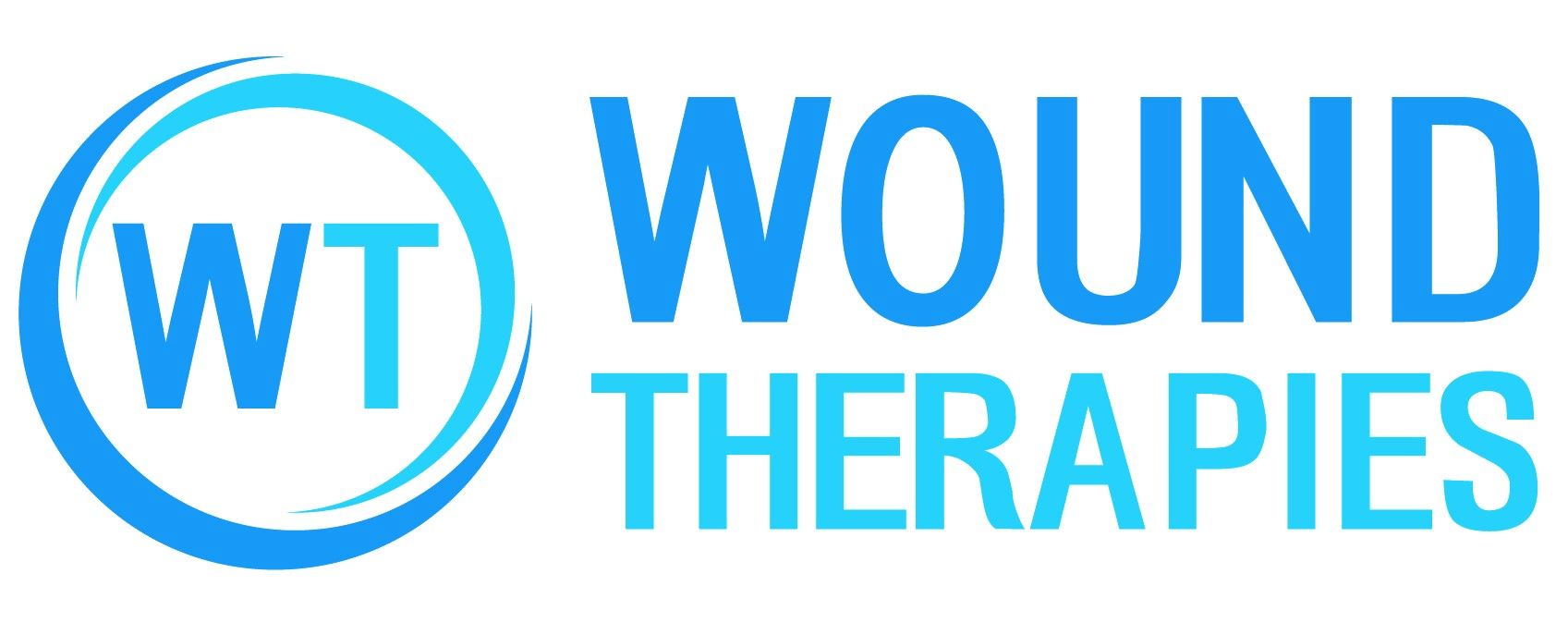
Maria Clemente
BScN, RN, JD, GradDip, Solicitor
Mary Andrew
Mary has a long history working in aged care, with 25 years experience with the Department of Veterans Affairs in various roles addressing
the complex health and support needs of the Veteran community.
Mary joined the Ethnic Communities Council of Queensland
almost 10 years ago – initially as Co-ordinator of the Community Visitor Scheme
(CVS), now the Aged Care Volunteer Visitor Scheme (ACVVS) – training and
matching CALD volunteers with consumers from similar backgrounds / language /
and cultural experiences. This was to provide friendship, support and
connection for residents to combat social isolation.
As a PICAC Project officer Mary is actively engaged in
delivering training and professional development to aged care staff and
management, highlighting the diverse needs of CALD aged consumers and the
priority of inclusive care provision. She provides one on one support to
providers and links them to resources promoting best practice models of care.
She actively participates in local aged care networks –
liaising and advocating with providers, professional bodies, and industry
stakeholders regarding the care needs of CALD communities.
Mary has a background in Pharmacy, gaining a qualification in Ireland before migrating to Australia in the early 80s.


Dr Michael Sinnott
MBBS, FACEM, FRACP
Dr Sinnott has contributed to over 40 publications and is a world-leader in research regarding staff safety in healthcare. His expertise lead Dr Sinnott to become involved in the development of safety guidelines and legislation in the USA, and safety standards in Australia.
In the commercial space, Dr Sinnott is the Co-Founder of Qlicksmart Pty Ltd and Smartstream Pty Ltd, who innovate and commercialise safety medical devices.

National Asthma Council
We actively work to assess and address the impacts of asthma through advocacy and collaboration with policy makers, stakeholders and Australian and international asthma and lung health organisations.
Through our Sensitive Choice program, we provide the public with essential information about asthma and allergy management and empower consumers to identify asthma and allergy-aware products and services.

Robyn Wortel
Clinical Education Specialist
Silvia Borges
She has since been researching, developing and delivering training modules focused in culturally appropriate care for older Australians.
Sue Walker
RN, BN, BN (ADMIN), MPHC, MACN
To continue to meet professional and community expectations Nurses and Midwives need to acknowledge their unique contribution to health care delivery and assert their collective strength to safeguard the community and ensure their ongoing professional needs are recognised and met.
Helen Kansky
Helen enjoys exploring various cuisines and the challenge of recreating them at home for her family.
Dr Wendy McIntosh
RGN, RMHN, Grad. Dip MH, MN, Cert IV Workplace Assessment & Training, Group Leadership Cert, MRCNA, MANZCMHN, AANZPA
Areas of specific interest and passion for Wendy include: professional supervision, professional boundaries, professional identity, links between childhood trauma and mental illness and workplace bullying.
Wendy has over 20 years as a psychodrama trainee – a life long learning. She is committed to using experiential learning in the work she does with individuals and groups.
Regularly presenting workshops at national & International conferences, Wendy consistently receives feedback on her passion, knowledge and creativity as a presenter & facilitator. Wendy is continually integrating learning and insights she gains from the work she does in professional boundaries.
Wendy has developed internet training tools and education packages for individuals / organisations and delivers webinars for a variety of organisations nationally and internationally. With the assistance of six podcast episodes titled ‘Professional Boundaries’, Wendy is exploring and guiding listeners on their own personal and reflective journey through boundaries.
This series of professional boundaries podcasts has been picked up by the School of Health and Social Care, Edinburgh Napier University to be used in their curriculum. Further podcasts are currently in production.
Wendy was Charter President of the Global Nurses & Midwives Rotary Club. An innovative, diverse and inclusive Rotary Club whose members come from around the world.
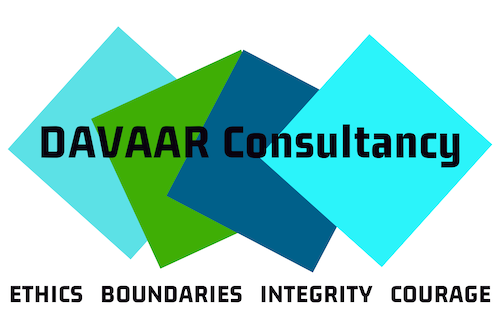
wendy@davaar.com.au
0411 385 573
Subscribe to our newsletter now!
Please Note
Don't worry, your records are safe and if you need a copy of your portfolio urgently, please contact us on 07 4151 3884 (select option 1).
David Ruzicka
Masters Nursing Science (Nurse Practitioner), Master of Palliative Care
David is a nurse practitioner with over 14 years of clinical experience in palliative care. David has worked in both the acute and community sector within various Queensland health facilities throughout the state. He has proven ability as a palliative care clinician and researcher, as well as with mentoring and motivating staff. David has completed a Master of Nursing Science (Nurse Practitioner) with distinction and a Master of Palliative care and is currently employed as a Nurse Practitioner within the Palliative care service in the Sunshine Coast Hospital and Health service.
Colleen Reid
During those years she became increasingly drawn back to psychiatry, working with people who were experiencing life very differently and who were at risk of ever- increasing marginalisation.
Dr Chamindika Konara
B.ENG [BIOMED], PHD [BIOTECH
As an ISO 13485 and ISO 9001 accredited auditor, Dr Konara has strong experience in implementing systems for quality improvement and change control.
Dr Konara works within the biomedical sector to translate research and product concepts into practical solutions for healthcare facilities.
She has contributed to the education of perioperative staff through her roles at Qlicksmart Pty Ltd and StaffandPatientSafety org, and provides ongoing education to medical students as well as medical industry professionals.
In 2022 Dr Konara presented at the AORN ( and ACORN ( virtual conferences and she will be presenting at the AORN Global Surgical Conference Expo 2023

Swaatha Haji
Sara Yousif
She worked as a Case Manager Assistant and Arrival Coordinator at Multicultural Australia for 6 years where she met many new arrivals through the Humanitarian Support Program (often at 1am and 4am at Brisbane Airport!) She now works as a Mental Health and NDIS Support coordinator with the Richmond Fellowship Queensland.
She has co-ordinated, co-presented and engaged with community members to participate in health workshops in partnership with Mater Refugee Health, Qld Program of Assistance to Survivors of Torture and Trauma (QPASTT), TRUE Relationships and Reproductive Health and TAFE Qld.
Mi Nguyen
She has worked in various capacities, including program management and coordination, communications, research and capacity building. Mi holds a Master in Development Studies with a gender specialisation.
Dr Paula Foran
Paula is the sub-editor for the Journal of Perioperative Nursing and manages the column, ‘Emerging Scholars’ where Paula assists postgraduate students to see their publications come to fruition.
Paula has been a guest speaker and presented keynote presentations at national & international conferences. She has been awarded the ‘Most Popular Presenter’ for her keynote address at the International Collaboration of Perianaesthesia Nurses, and Best Oral Paper award at the European Operating Room Nurses conference in The Hague.
Dr Shreya Singh
Phd, MA, BA
She has extensive experience in teaching and interdisciplinary research, working with diverse stakeholders to achieve positive organisational change.
Dr Singh is passionate about community education and safety, with a focus on empowering frontline staff.
Amy Gibson
Amy also acts as a mentor and educator for pharmacists who have recently graduated as well as to pharmacists who may be established, but are moving into more clinical areas of practice.
Subscribe to our newsletter now!
Muireann Wynne
RN, BSN, MSN (Clinical - Emergency), PGDip ClinRedesign
Muireann is recognised for her expertise in workforce strategy, nursing excellence, and healthcare innovation. She is dedicated to fostering professional growth and creating environments where nurses can thrive.
Muireann remains deeply committed to mentoring the next generation of nursing leaders. Balancing her professional achievements with family life, she understands the complexities of career progression and personal commitments, making her a strong advocate for sustainable and fulfilling nursing careers.
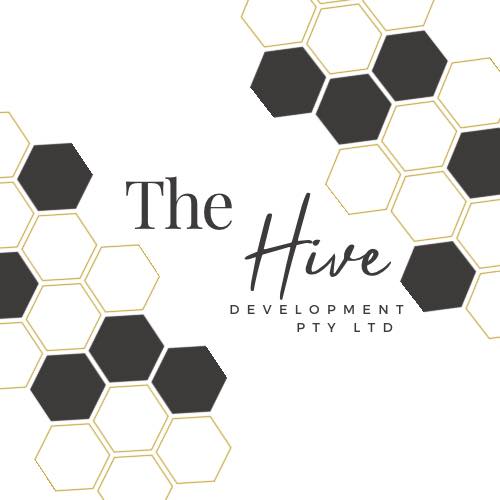
Lisa Lucas
RN, BSN, MSN (Emergency Nursing - Trauma)

